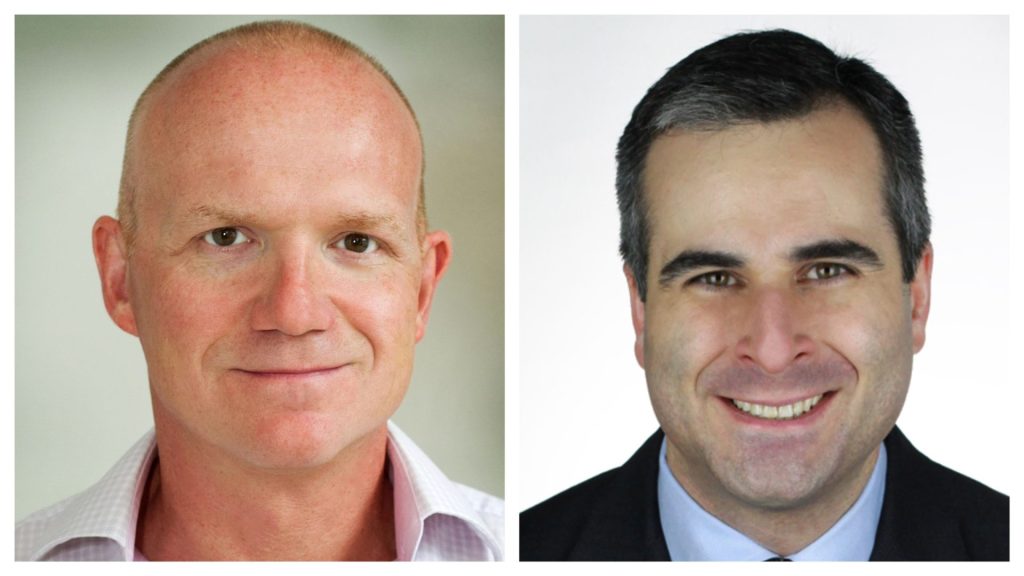Canada is currently on the brink of greatness, driven by ambitious economic and geopolitical objectives set by new Prime Minister Mark Carney. His government aims to transform Canada into an energy superpower, highlighted by the recent passage of Bill C-5, which was designed to streamline federal approvals for significant nation-building projects.
Domestically, Canada’s most considerable financial commitment involves increased defence spending, aiming to rise from $40-billion annually to $122-billion by 2035. This represents an unprecedented increase, shifting defence to become the largest federal budget item, constituting about 25 per cent of annual spending. Meeting NATO’s five-per-cent-of-GDP target—comprising 3.5 per cent for military capabilities and 1.5 per cent for dual-use infrastructure—would require finding an additional $110-billion annually to sustain current service levels across other government departments.
Simultaneously, Canada remains deeply involved in supporting Ukraine amid its ongoing conflict with Russia. As of June 2024, Canada’s total aid to Ukraine is $13.3-billion including financial, military, and humanitarian contributions, constituting 3.2 per cent of global aid to Ukraine, according to the Kiel Institute.
However, potential withdrawal of significant American support under Trump’s administration could burden Canada with another $6-billion annually to maintain current support levels. Further complicating matters is Ukraine’s estimated post-war recovery, projected by the World Bank to exceed US$524-billion. Including private property and trauma compensation, costs could surpass US$1-trillion, potentially leaving Canada responsible for another $5-billion annually.
These commitments create significant fiscal pressures, with the figures above suggesting an additional annual cost of $148-billion to $166-billion for Canadian taxpayers to maintain current health-care, pension, and transfer payments. This amount does not even include the costs associated with Bill C-5 infrastructure projects.
The PM’s message of support from the G7 includes establishing consensus on how to make use of frozen Russian assets. After all, Russia has caused all this damage by illegally invading Ukraine, and according to international law and the principle of “you broke it, you bought it,” Russia must pay the entire bill.
One potential solution lies in accessing the substantial pool of frozen Russian assets, notably the 183 billion euros frozen under European Union sanctions in Euroclear, which is headquartered in Belgium. However, these sanctions require unanimous renewal votes every six months, with figures like Hungarian Prime Minister Viktor Orban and Slovakian Prime Minister Robert Fico introducing uncertainty. According to Euroclear’s 2024 annual financial statement, eight per cent of the 183 billion euros is denominated in Canadian dollars. Canada itself has no EU representation but stands to benefit directly by seizing all Russian cash, approximately—$23 billion denominated in Canadian dollars—held in Euroclear accounts in Canadian banks on behalf of Russia, using existing legislation, the Special Economic Measures Act.
By independently freezing this $23-billion, Canada could significantly offset some financial commitments, reducing taxpayer burdens. This proactive measure demonstrates leadership and underscores Canada’s seriousness about its geopolitical commitments.

Beyond the immediate geopolitical tensions, Canada’s domestic economic strategy involves attracting private investments for ambitious Bill C-5 nation-building projects. These investments hinge on Canada’s ability to replace Russian energy and mineral exports to Europe and Asia.
Russian energy and mineral exports (including fossil fuels) total US$337-billion to $384-billion annually—this figure includes fuels and minerals per Observatory of Economic Complexity/World Bank 2022-23 data—providing Canada with an opportunity. Replacing even half these exports with clean, decarbonized, Canadian products could generate approximately $231-billion annually. This would position Canada as offering a reliable, democratic, and environmentally responsible alternative to authoritarian-controlled Russian resources.
If successfully executed, this strategy could yield significant economic gains. By seizing Russian assets in Canada and capturing half of the country’s mineral export market, Canada could realize a net gain of $40- to $50-billion per year while still maintaining pensions, health-care, and transfer payments to provinces, covering the projected increases in defence spending, and continuing assistance to Ukraine, without imposing additional burdens on taxpayers or increasing national debt.
Moreover, Canada’s proactive stance on seizing frozen assets and expanding its role as an energy provider would send a powerful global message. Such actions reinforce Canada’s commitment to global security, economic stability, and environmental responsibility, aligning with its broader domestic and geopolitical ambitions. This approach underscores Canada’s resolve, potentially galvanizing international support and co-operation, especially in European nations eager to reduce reliance on Russian energy.
Carney’s background as a trusted former central banker uniquely qualifies him to navigate these complex economic and geopolitical waters. His leadership could ensure that Canada not only meets its extensive commitments, but also emerges as a key global player in energy and critical minerals.
Ultimately, Canada’s ambitious trajectory towards becoming an energy superpower and key geopolitical player is achievable, but hinges on securing new revenue streams, leveraging frozen Russian assets, and attracting private investment. By strategically positioning itself to replace Russian exports and taking decisive action on frozen assets, Canada stands to enhance its economic prosperity, maintain its geopolitical commitments, and solidify its global leadership role.
Who better to deliver a strong economic response to Russia and secure our allies’ need for clean oil, liquefied natural gas, and minerals than Canada, led by a trusted former central banker and master planner?
Michael Cholod is executive director of The Peace Coalition, an international, non-profit association of NGOs, academic institutions and independent experts in housing, land, and property restitution. Cholod is currently co-ordinating with local and international experts and organizations on a variety of initiatives aimed at using the recovery of Ukraine to pilot a self-funding and sustainable roadmap to recovery for victims of the global crime of aggression.
Geoffrey Goodell is a lecturer in financial computing at University College London whose work focuses on socio-technical systems in financial services. He is a member of the Bank of England CBDC Technology Forum, and an associate of the Systemic Risk Centre at the London School of Economics. He serves on the steering committee of the All-Party Parliamentary Group on Central Bank Digital Currency, and the product advisory committee of the Digital Token Identifier Foundation.
The Hill Times
